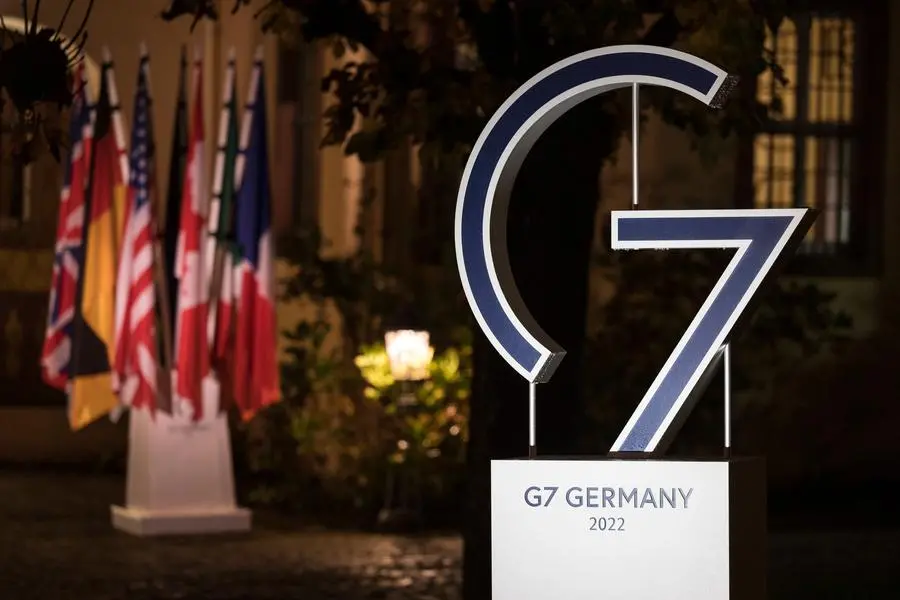PHOTO
China said on Tuesday G7 nations in Japan had "maliciously slandered and smeared" it, after foreign ministers in the group of developed economies criticised a number of Beijing's policies.
"The G7 foreign ministers' meeting disregarded China's solemn position and objective facts, grossly interfered in China's internal affairs and maliciously slandered and smeared China," foreign ministry spokesman Wang Wenbin told reporters.
Asked about a joint statement in which G7 diplomats -- meeting in Japan's resort town of Karuizawa -- expressed concerns about issues relating to Taiwan, the East China Sea, South China Sea, Xinjiang, and Tibet, Wang singled out hosts Japan and slammed the communique.
"Between the lines, the relevant statement is full of arrogance, prejudice and sinister intent to oppose and suppress China," Wang said.
"China expresses strong dissatisfaction and firm opposition and has lodged solemn representations with Japan, the host country of the meeting."
China recently held three days of military drills around Taiwan in a show of force it described as a rehearsal to "seal off" the self-ruled island.
Even though it has been ruled separately for more than 70 years, China views Taiwan as part of its territory and has vowed to one day seize it, by force if necessary.
"Taiwan is a sacred and inalienable part of China's territory," Wang said.
"The One-China principle is the anchor for peace and stability in the Taiwan Strait. To truly maintain peace... any move towards Taiwan independence must be unequivocally opposed and stopped."
He went on to refer to Hong Kong, Xinjiang and Tibet, which he said were "purely China's internal affairs" and Beijing would "not tolerate interference by any outside force under any name or in any way".
Wang added: "The situation in the East China Sea and the South China Sea remains stable on the whole.
"Relevant (G7) countries should earnestly respect the efforts of regional countries to maintain peace and stability, stop sowing discord between regional countries and provoking confrontation between camps."





















